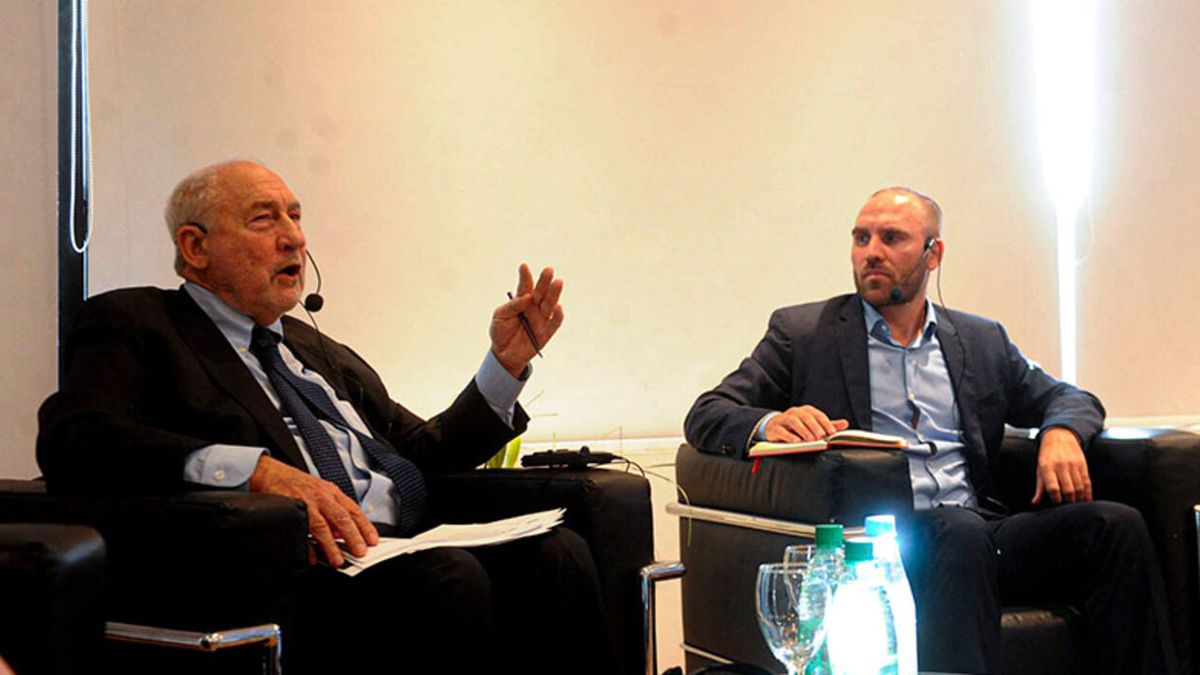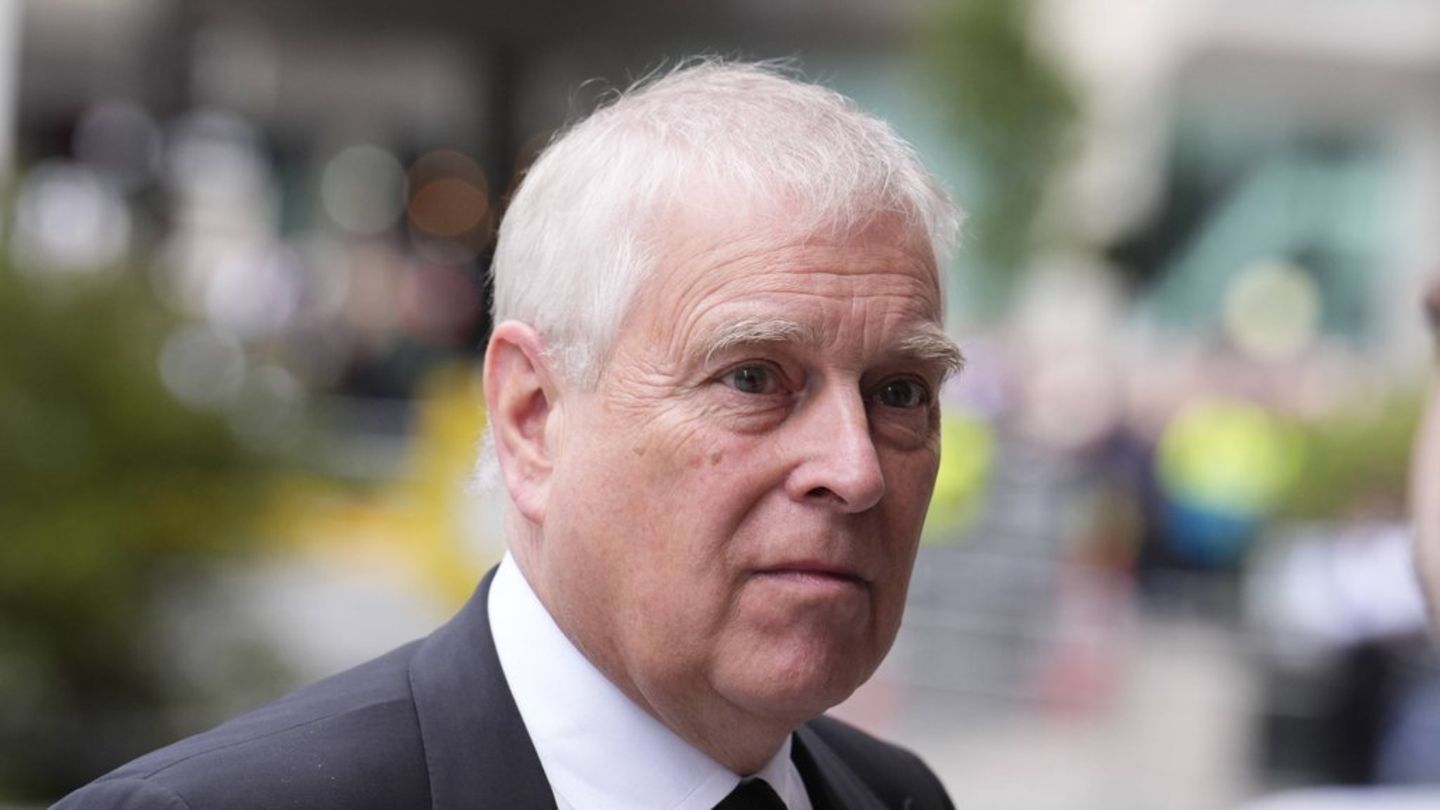In this sense, he stated that “the definition and implementation of public policies work within a framework of power dynamics”, since “economic relations do not occur in a vacuum”, but they occur within that framework.
In order to reinforce the concept, he gave as an example two State policies that were promoted during his period as minister: the Financing Law for the National System of Science, Technology and Innovation and the Law for Strengthening the Sustainability of Public Debt in foreign currency.
Regarding the law that requires parliamentary endorsement to authorize international financing, he stressed that thanks to this initiative “in the future any government that wants to take on debt in foreign currency will have to go to Congress” and expressed that “societies that cannot do against their debts are damaged”.
The former head of the economic portfolio considered that in order to carry out these types of policies “the State must have the capacity to apply these ideas” and, in this sense, stated that “neoliberalism has generated a lot of damage to the capacities of the State “, although he assured that “it has been a transversal phenomenon in our region”, regardless of the political colors.
Speaking about the axis of the talk, he stressed that economic development must be based on “an idea of shared progress”, so that “the market economy works in such a way that the group can develop its potential”.
In this sense, he provided a series of key conditions that must be satisfied in order to be on the right track: “Equity; dynamic from the productive point of view; a structure that is accompanied by stability, that we do not live with anxiety and anguish; that distribute the opportunities that are generated throughout the country; and that we be masters of our own destiny”.
Continuing in that direction, he assured that “we must understand that macroeconomic stability is essential for development” and added that “one of the most valuable reforms is a strong and determined commitment in the medium term with macroeconomic policies”, referring to “strengthening one’s own credit, one’s own currency, and the role of the state” to generate an “environment where there is room for greater risk taking.”
Guzmán considered that, even with the daily problems, the country “presents great opportunities to shore up development conditions, such as in the energy field.”
According to his opinion and to what he claims to have gathered through his work, “the main issue of concern for central banks and economics officials is inflation in the world.”
The rise in interest rates that arises as a response to this “generates debt sustainability and refinancing problems,” for which “the cost of financing with the most relevant international organizations also increases,” he explained.
When reviewing his experience, he recalled the moment in which he detected the payment that the country had to make for interest surcharges to the International Monetary Fund (IMF) and pointed out: “When we had to deal with geopolitics, we saw how international power works.”
As a result, he stated: “At the time of any important public policy, we must take into account where we are getting into.”
On the other hand, he was concerned about the “growing electoral support in the region for sectors that return to recipes that did not work in the past and that include the removal of rights.”
Source: Ambito
David William is a talented author who has made a name for himself in the world of writing. He is a professional author who writes on a wide range of topics, from general interest to opinion news. David is currently working as a writer at 24 hours worlds where he brings his unique perspective and in-depth research to his articles, making them both informative and engaging.




